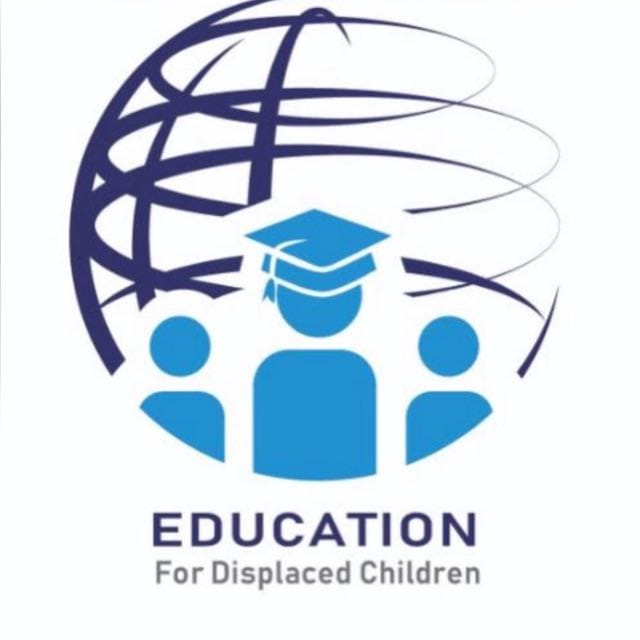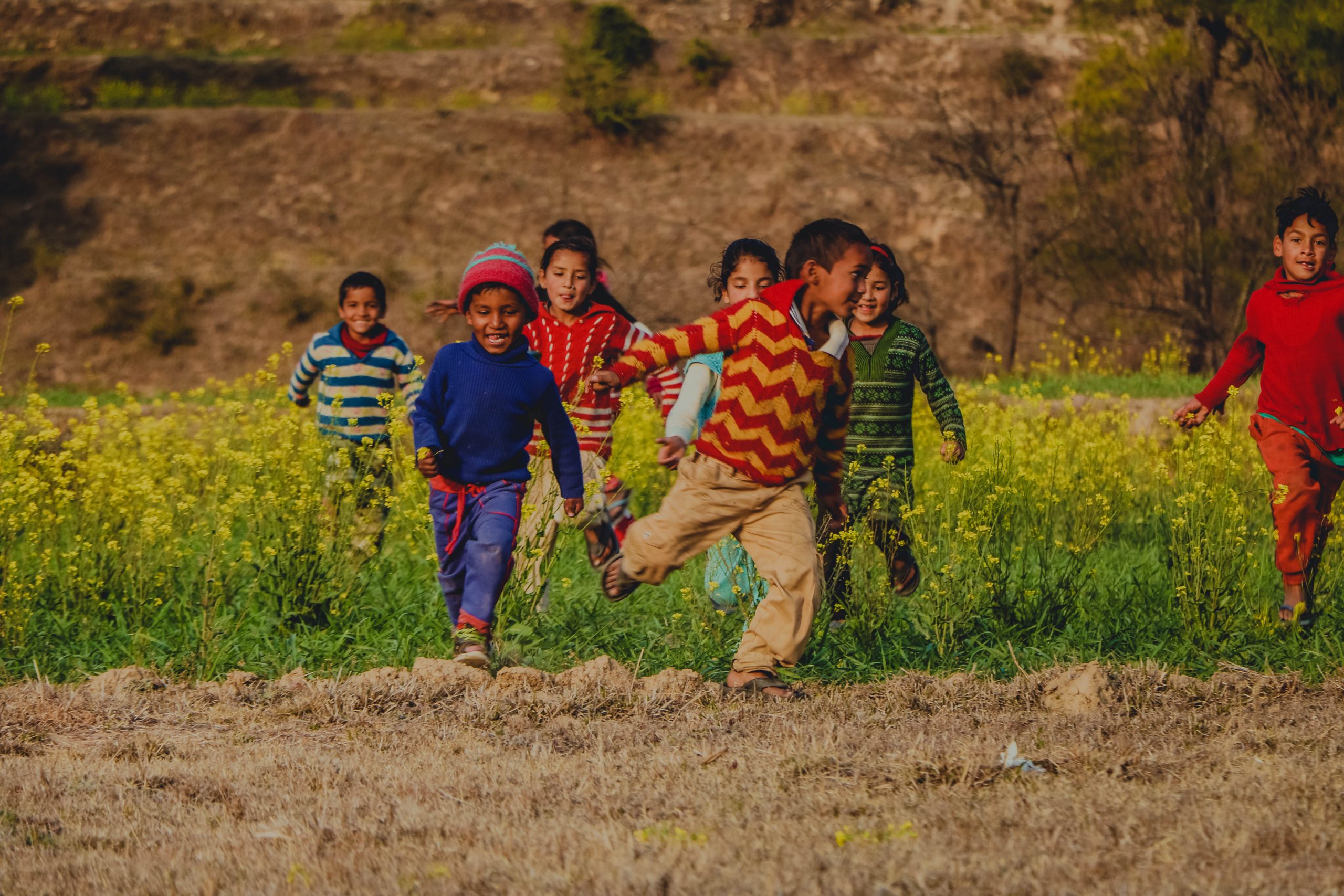Education serves as a cornerstone in fortifying the resilience of communities. By empowering individuals with knowledge and skills, education becomes a catalyst for leading productive, fulfilling, and independent lives. It sheds light on their own circumstances and the world at large, contributing to the rebuilding of lives and communities. The pursuit of Sustainable Development Goal 4, which strives for “inclusive and quality education for all and to promote lifelong learning,” underscores the commitment to this transformative power of education.
Quality education, delivered through a holistic approach that incorporates extracurricular activities such as sports, along with a focus on STEM (Science, Technology, Engineering, and Math), is pivotal. This approach is particularly crucial for refugee children who have been exposed to conflicts and violence, often exhibiting signs of psychosocial trauma. Some students may initially resist engagement in learning, necessitating encouragement towards play-driven learning within comprehensive child development-focused educational programs.
In this context, education should extend beyond conventional literacy, numeracy, and language classes to include play, music, art, sports, and storytelling. The integration of sports and physical activities is integral to any refugee solution for children and youth, given the demonstrated positive impact on their mental development. When extracurricular activities align with the academic curriculum, students experience heightened overall development, learning essential qualities such as leadership, teamwork, sharing, and patience through sports.
A novel approach to the curriculum involves introducing STEM-based education into their daily schedules. The primary goal of this STEM-based education is to equip them for a competitive world, fostering skills that are essential for their future success.
Unfortunately, displaced children are vulnerable to exploitation, recruitment by armed groups, exposure to drugs, diseases, abuse, violence, forced labor, child marriage, and discrimination. These challenges significantly impede their access to fundamental rights, including education and leisure.
Disturbingly, only half of all refugee children are enrolled in primary school, and less than a quarter of refugee adolescents attend secondary school. According to a UNHCR report, a staggering 4 million refugee children are out of school, marking a half-million increase in just one year. The situation worsens for higher education, with only one percent of refugees having the opportunity to attend university. Urgent and concerted efforts are needed to address these challenges, ensuring that education becomes an accessible and transformative force for displaced children, empowering them to build a better future.


